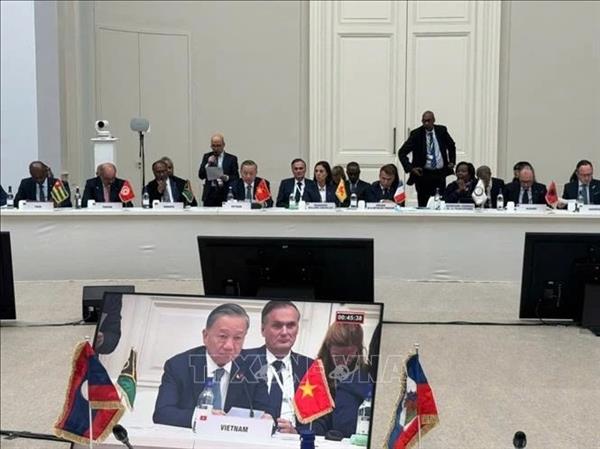Le Quang Tu Do, Deputy Director of the Broadcasting and Electronic Information Authority, admitted that many websites have been violating copyright regulations in the country by uploading videos without permission.
The website creators are so cunning that they set up their servers overseas to hide traces. Every time an illegal website gets banned, a new one immediately emerges and appears unrelated to the banned one.
By late June, authorities have detected and banned over 500 copyright-infringing websites, but this amount is outpaced by the sites that replace them.
Pham Hoang Hai, Director of the Vietnam Digital Content Copyright Centre, revealed that illegal websites fall foul of copyright regulations by live-streaming unauthorised videos, or edit videos and re-upload them on their platforms.
"According to Media Partner Asia, copyright infringement has become increasingly common with 15.5 million unauthorised users in 2022, causing a loss of 348 million USD to the video industry," he said.
He also estimated that unauthorised users would hit 19.5 million by 2027, equivalent to a loss of 456 million USD, if the issue is left unchecked.
Nguyen Thanh Van, Deputy Head of VTV's Inspection Committee, underscored that Gap nhau cuoi nam is one of VTV's most pirated programmes with over 30,000 unauthorised videos on Facebook and 8,000 on Youtube.
He also said copyright infringement has caused a lot of trouble for national television as football tournament organisers are likely to revoke the copyright granted to VTV once they detect their tournament aired on other platforms without permission.
"If we have the copyright revoked, it is difficult to buy the rights in the following years due to reputational damages," he said.
The situation is worse for K+, the television channel granted the copyright to the English Premier League (EPL).
The channel has detected nearly 4,000 unauthorised links broadcasting the tournament in just one month with viewership of millions.
EPL organisers asserted that the severity of copyright infringement related to football broadcasting in Vietnam is second only to China in the world.
Nguyen Quang Dong, head of the Institute for Policy Studies and Media Development, suggested two solutions for video owners to defend themselves digitally.
The first solution is that the owners report their cases to copyright authorities, such as the Copyright Office under the Ministry of Culture, Sports and Tourism and ask the authorities to fine their violators.
The second solution involves the use of digital tools, which are believed to be quicker and more effective. One candidate for the job is DNS blocking.
Celine Boyer, Head of the Cyber Security at Canal+ Group, shared this view, saying that a French law enacted in early 2022 has allowed internet service providers to actively block copyright-infringed websites.
That means Canal+ has the authority to block all illegal websites accessible to French users, no matter which country their servers are located.
She recommended the culture ministry develop a tool directly connecting video owners and internet service providers to help the former present evidence to the latter more easily, enabling instant blocking.
Nguyen Ngoc Han, General Director of the Thu Do Multimedia, suggested the use of Sigma DRM to encrypt copyright-protected videos on the Internet and the use of Finger Print to remove illegally live-streamed ones./.















